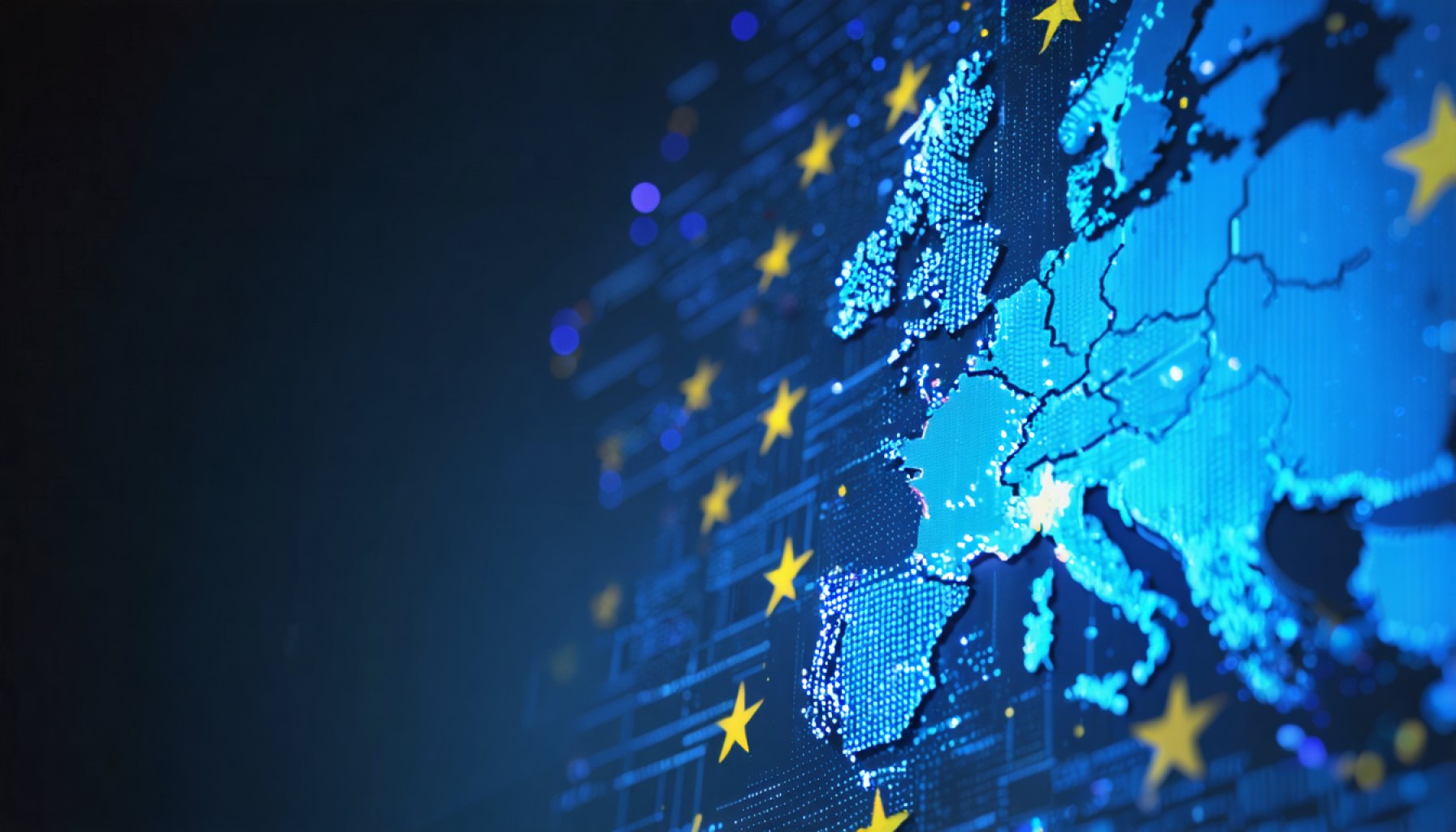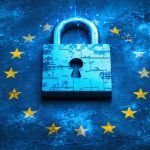
EU’s Next Data Guardian: A Clash Between Continuity and Innovation
- Europe faces a critical decision on April 8 regarding its data protection leadership for the next five years.
- Wojciech Wiewiórowski, the current European Data Protection Supervisor, is known for his steadfast approach and successful GDPR implementation.
- Bruno Gencarelli, a challenger with innovative ideas, aims to craft adaptive data policies aligned with technological advancements.
- The decision is crucial for shaping Europe’s digital identity and could influence global data protection standards.
- This choice reflects a broader debate between maintaining a stronghold on privacy and embracing progressive change.
- The outcome may affect how Europe approaches data sovereignty amid an increasingly complex digital landscape.
A pivotal choice looms over Europe: who will become the guardian of European data for the next five crucial years? As the clock ticks toward the decision day on April 8, two contenders stand poised to capture the crown: the steadfast Wojciech Wiewiórowski and the trailblazing Bruno Gencarelli.
Wiewiórowski, the incumbent, has spent years navigating the complexities of data protection, steady at the helm amidst tumultuous digital seas. Known for his meticulous attention to detail, he has guided the EU through formidable challenges, such as the landmark GDPR implementation. Under his watch, the EU’s data landscape has remained a fortress of privacy, safeguarding the information of millions against encroaching threats.
Challenging him is Bruno Gencarelli, a formidable force of innovation. With a background anchored in the cabinet of the former EU Justice Chief Didier Reynders, Gencarelli is a visionary striving for adaptive policies that evolve with technology’s rapid pace. His approach hints at a future where data protection not only shields individuals but fosters an environment ripe for technological progress.
The decision awaiting EU governments and lawmakers is not merely one of leadership but of directional impact on how Europe sees itself in the digital realm. As cyberspace becomes ever more intricate and nations grapple with data sovereignty, the next European Data Protection Supervisor will delineate the continent’s stance between traditional safeguarding and progressive adaptation.
So, as the EU prepares for a pivotal vote, the implications are profound. A choice between continuity’s steady hand and the fresh gusts of change could define how European data policy shapes global standards in the digital age. Expect heated deliberations as the union stands on this crucial juncture, asking itself not just who should lead, but where they ought to be led.
The Battle for Europe’s Data Leadership: Balancing Tradition and Innovation
Overview of the European Data Leadership Decision
Europe’s data protection landscape stands at a crossroads as EU governments and lawmakers prepare to choose the next European Data Protection Supervisor (EDPS). The decision will determine how Europe navigates data protection over the next five years, with two main contenders: the incumbent Wojciech Wiewiórowski and the innovative challenger Bruno Gencarelli.
Who Are the Key Candidates?
– Wojciech Wiewiórowski: Known for his unwavering focus on privacy through his implementation of the GDPR, Wiewiórowski has been a stalwart in upholding data protection standards. His tenure reflects a dedication to maintaining robust privacy frameworks amidst evolving cyber threats.
– Bruno Gencarelli: Positioned as an innovator, Gencarelli’s background working under EU Justice Chief Didier Reynders highlights his focus on integrating technological advancements into regulatory frameworks. His leadership would likely push for adaptive policies aligning with rapid technological progress.
Key Questions and Considerations
1. What Does Each Candidate Stand For?
– Wiewiórowski is associated with continuity and has extensive experience dealing with established data protection policies, aiming to reinforce existing regulations like the GDPR.
– Gencarelli suggests innovation and seeks to harmonize evolving tech developments with data policies, thereby creating an environment conducive to technological growth.
2. What Are Europe’s Data Challenges?
– Europe’s digital realm requires balancing data sovereignty with international collaboration, ensuring privacy without stifling innovation.
– Emerging technologies such as AI, IoT, and blockchain demand proactive regulation that protects citizens and fosters economic growth.
3. What Will Be the Global Implication?
– The choice of the EDPS could set new precedents for data protection standards worldwide.
– A shift towards progressive adaptation might inspire similar policies in other regions, affecting global data policy landscapes.
Industry Trends and Predictions
– Rising Importance of Data Sovereignty: Nations are increasingly reclaiming control over their citizens’ data, focusing on localizing data storage and processing.
– Integration of AI in Data Management: Expect an uptick in AI-driven data protection tools as regulation evolves to meet the innovations in artificial intelligence.
How to Stay Prepared
– Follow the Decision Day News: The outcome on April 8 will have direct implications for businesses and individuals. Stay informed by following European Union News.
– Evaluate Your Compliance Needs: Organizations should reassess their data privacy practices to ensure alignment with potential regulatory changes.
– Invest in Emerging Tech: Prepare for a deeper integration of AI and other technologies in compliance tools, providing better adaptability to future regulations.
By understanding the stakes involved in this decision and the potential direction of European data policy, businesses and citizens can better prepare for the shifts in the data protection landscape.















